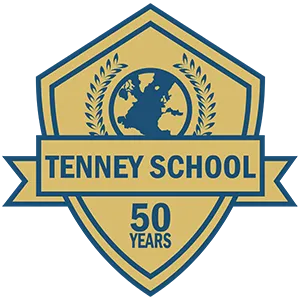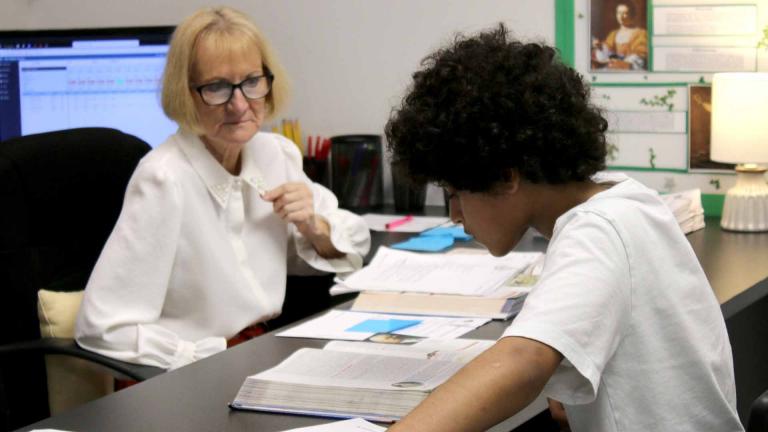Artificial intelligence has undoubtedly become a game-changer in various industries, and education is no exception. As we navigate through the complexities and possibilities AI brings, it’s crucial to debunk misconceptions and uncover the true impact it can have on learning. Let’s explore the myths surrounding artificial intelligence in education and uncover the reality behind its potential benefits and challenges.
What is Artificial Intelligence?
Artificial intelligence, also known as A.I., is defined by IBM.com as:
…technology that enables computers and machines to simulate human intelligence and problem-solving capabilities.
In the realm of education, the integration of A.I. opens up endless possibilities for students, teachers, and staff. From personalized learning experiences to automated administrative tasks, A.I. can revolutionize the way education is delivered and received. By harnessing the power of artificial intelligence, individuals can enhance their productivity and efficiency, ultimately leading to a more enriching and fulfilling educational experience.
All that to say that with the hype around A.I. there’s a number of myths that should be addressed too:
The Myths
1. Students Can Cheat Using A.I.
This is the most talked about myth. Teachers claim that students can use A.I. as a cheating device for things like research papers, homework, etc. While there is some truth to this myth, as many A.I. software can be utilized for writing papers or completing assignments, it’s important to note that there are measures in place to prevent cheating. With the advancement of technology, various programs are now available to check for plagiarism in generated content. This means that students who attempt to cheat using A.I. will likely be detected by plagiarism checkers, ensuring academic integrity and fairness in education.
2. A.I. Will Replace Teachers
In addition to providing a safe space for students, teachers also play a crucial role in cultivating critical thinking skills, fostering creativity, and instilling a sense of curiosity in their students. They serve as mentors, guiding and supporting students through challenges and setbacks, helping them develop resilience and perseverance.
Furthermore, teachers personalize their approach to address the individual needs and learning styles of each student, ensuring that every child receives the necessary support to succeed. Ultimately, the human connection and emotional intelligence that teachers bring to the classroom are irreplaceable and essential for the holistic development of students.
3. A.I. is Bad For Education
As we delve into the realm of A.I. and education, it is crucial to not only debunk the negative myths but also highlight the numerous benefits that this technology can offer. A.I. has the potential to revolutionize the way students learn and engage with educational content. It serves as a powerful tool, tailored to meet specific educational needs and enhance the learning experience. With continuous advancements in A.I. technology, the possibilities for innovation in education are endless. This is why I firmly believe that fostering digital literacy in schools has never been more important. By equipping students with the skills to navigate and utilize A.I. effectively, we are preparing them for success in the digital age.
In today’s fast-paced digital world, digital literacy has become more crucial than ever for students. It goes beyond just knowing how to use digital tools; it also involves understanding the ethical implications of technologies like artificial intelligence (A.I.). By mastering the use of A.I. and knowing when to leverage its power, students can gain a competitive edge and confidently navigate the ever-evolving landscape of the working world.
The Future For Education
As we navigate the landscape of education, it’s crucial to address the myths surrounding artificial intelligence in the classroom. While the list I provided was not exhaustive, I aimed to shed light on some of the key concerns. With technology advancing at a rapid pace, it’s essential for us to stay informed and engage in conversations with students about the potential benefits and pitfalls of A.I. Just like any tool, A.I. can be misused, underscoring the importance of preparing our students for the future. I firmly believe that integrating A.I. into education is not a question of if, but when. By equipping our students with the knowledge and skills to navigate this new realm, we can ensure they thrive in a world where A.I. plays an increasingly prominent role.
With that being said, it’s undeniable that teachers play a crucial role in education, providing invaluable guidance and support to students. However, if you’re seeking a truly personalized and tailored academic experience for your child, look no further than The Tenney School. Situated in Houston, Texas, The Tenney School offers a unique one-to-one learning approach, ensuring that each student receives individualized attention and support. Our dedicated team of educators is committed to helping students in grades 5 – 12 reach their full potential. Click HERE to inquire for more information today and discover the difference a one-to-one education can make!


